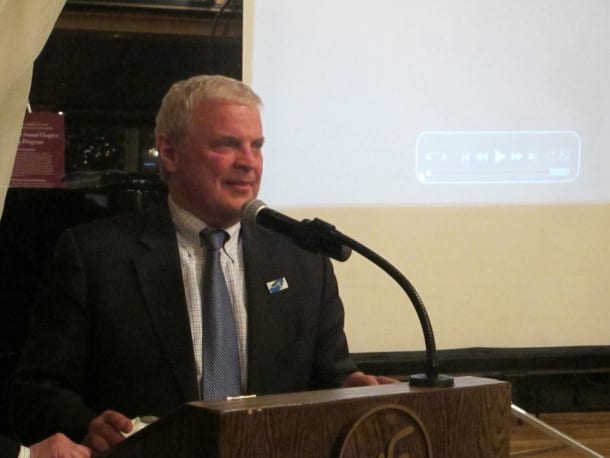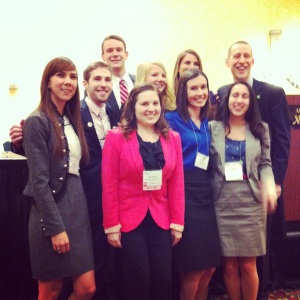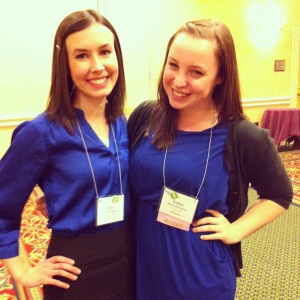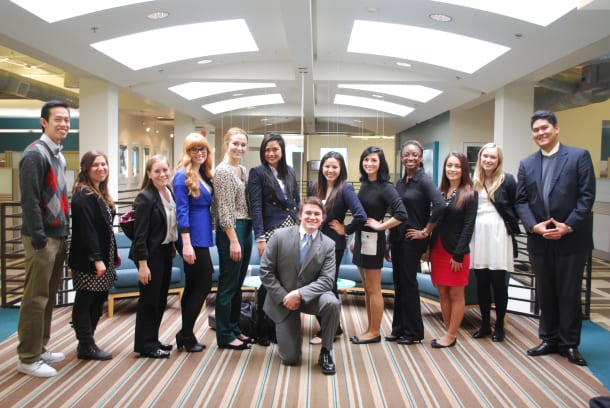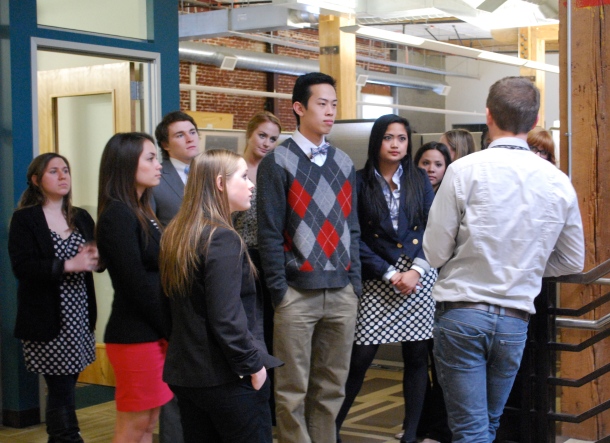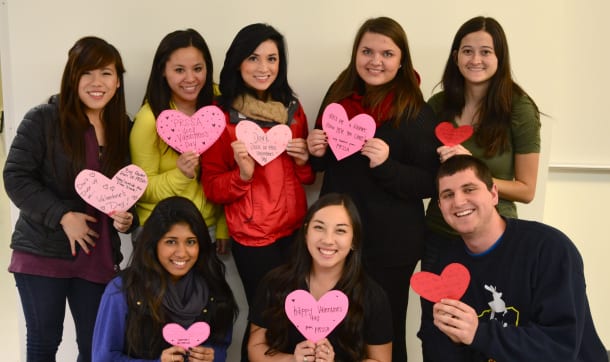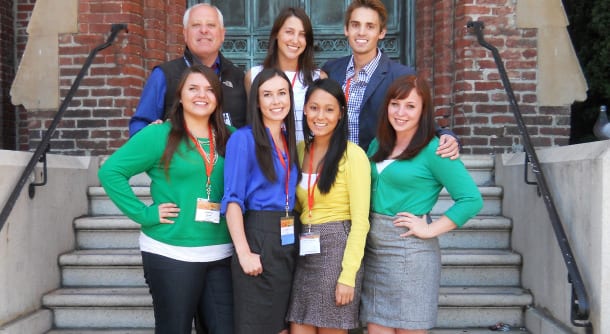During spring agency tours on Friday, May 3, the University of Oregon PRSSA chapter had the pleasure of sitting down with Bob Frause, CEO and founder of Frause in Seattle, Washington. In addition to his prominent role within the public relations industry, Frause is extensively involved with the Public Relations Society of America (PRSA) as a member of the National Board of Directors and Past Chairman of the PRSA College of Fellows. He also sits on the PRSA Board of Ethics and Professional Standards. Frause’s substantial experience in the industry has allowed him the opportunity to develop several important tactics to help young professionals in the PR job search.
1) Remember that every interview is a real interview. In the process of looking for a job, informational interviews have become a popular tool for networking with professionals. However, just because you are not actively applying for an open position does not mean you should take it any less seriously. When you set up an informational interview, prepare for it in the same way you would for an interview for an open position. Make sure to research both your interviewer and the company. Be ready to ask he or she specific questions that show you have done your homework. By the end of the interview, you should make the professional wish he had on open position or room in his budget to hire you. You never know when this could lead to a job offer.
2) Put interests at the bottom of your resume or in your cover letter. Recently, many students have been advised not to include interests unrelated to public relations on their resume. Though according to Frause, curiosity outside the industry is something he looks for in a potential hire. If you are interested in travel or cooking, find a way to integrate these interests into how you present yourself because this will suggest that you are a more rounded and experienced individual. You also never know when these outside interests will coincide with client work making you an ideal person for the team.
3) Ask for a job and don’t take the first “no.” During an interview it is important to remember your self worth and prove that to your interviewer. If you don’t think you are the best person for the job there is no reason the person or people interviewing you will either. In Frause’s opinion, at some point during the interview, it is important to ask for the job. Though many times you will be told no, you can then spend the rest of the interview proving why you should be hired for that job. This tactic also shows self-confidence and your ability to be a leader. Frause admits this might not be a good tactic for all interviews, but suggests that you should be able to establish if this will work during initial research for the interview.
4) Get at least two professional contacts before you leave. At the end of an interview, make sure to thank them and ask to be put on the list for future open positions. This shows that you would like to continue a relationship with that person and the company. After thanking her, ask for any contacts they might have that you could use to expand your network. Frause’s advice is to leave with at least two new contacts that might be beneficial to you.
5) Create a graphic biography of yourself. One tool that Frause suggests is something he calls a graphic biography of yourself. This should be a roadmap of who you are as a person and a professional. You could use this in your portfolio or in an interview to help you stay focused on what you want to convey about yourself. This can also be useful to have in front of you during a telephone or Skype interview to help you steer the conversation and prevent you from forgetting something you wish to share about yourself.
6) Avoid misusing pronouns. Though sometimes this aspect of writing and speaking can be forgotten, Frause says that this is one of his main pet peeves and a mistake he encounters frequently. All grammar is important and proper use of pronouns contributes to your overall image as an educated individual.
Making the right impression during an interview – whether it is formal or simply an informational one – can make the difference in getting a job offer. Frause advises young professionals to be proactive, confident and unafraid to ask the hard questions during the job search. What do you think of Frause’s professional advice?
Post by Annie Schwab, PRSSA member for the 2012-2013 school year. You can contact Annie at aschwab@uoregon.edu.


